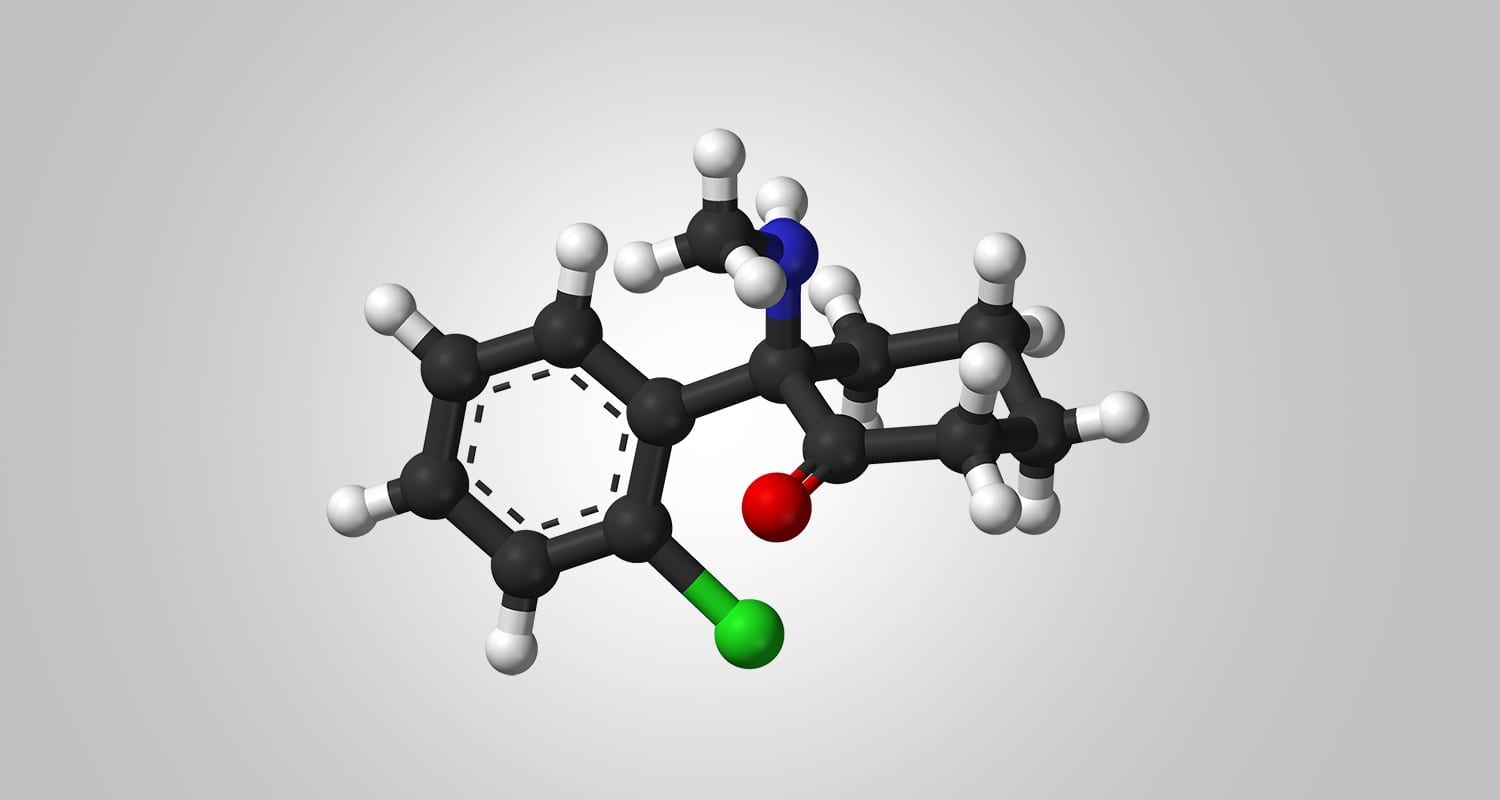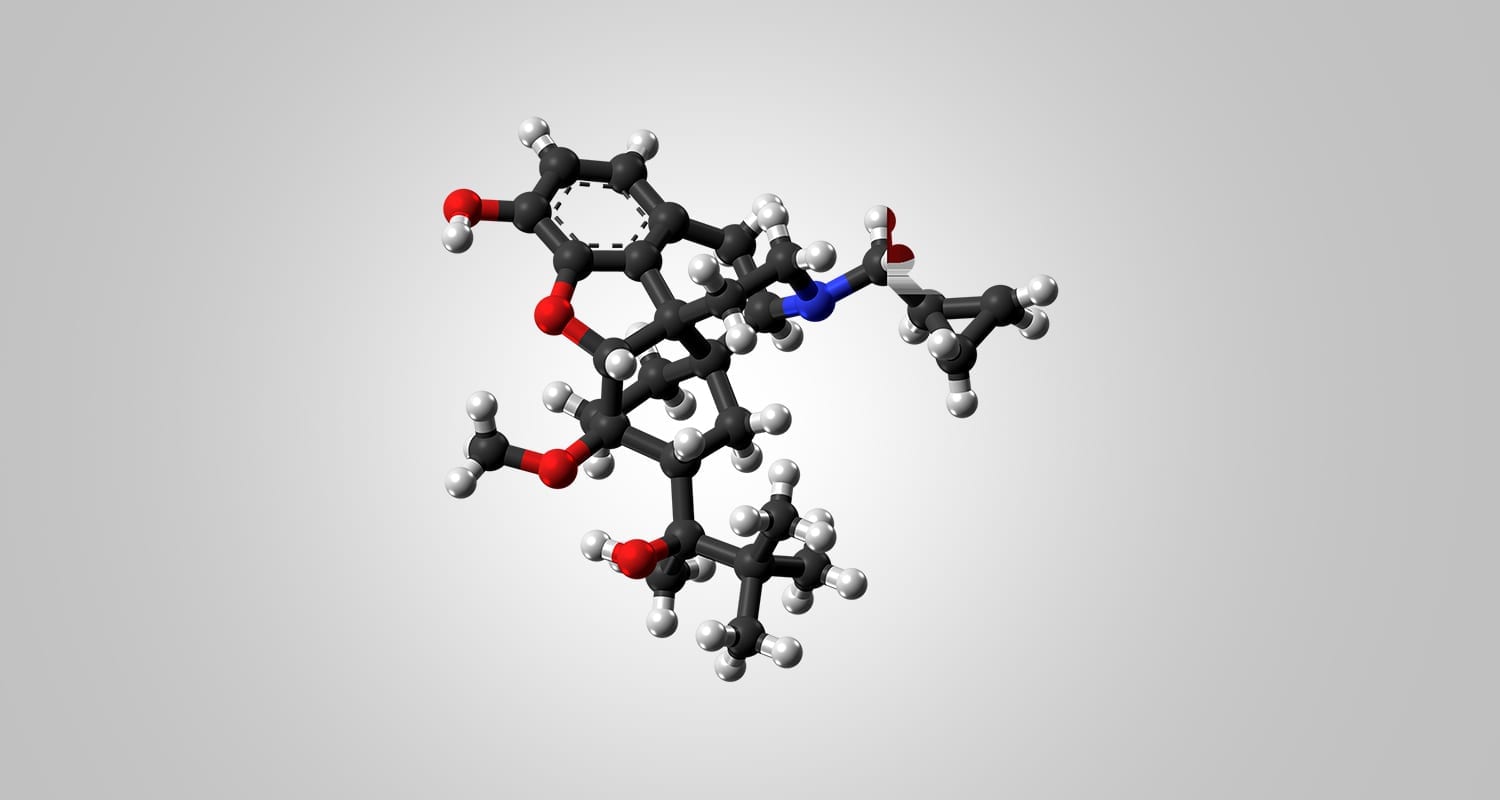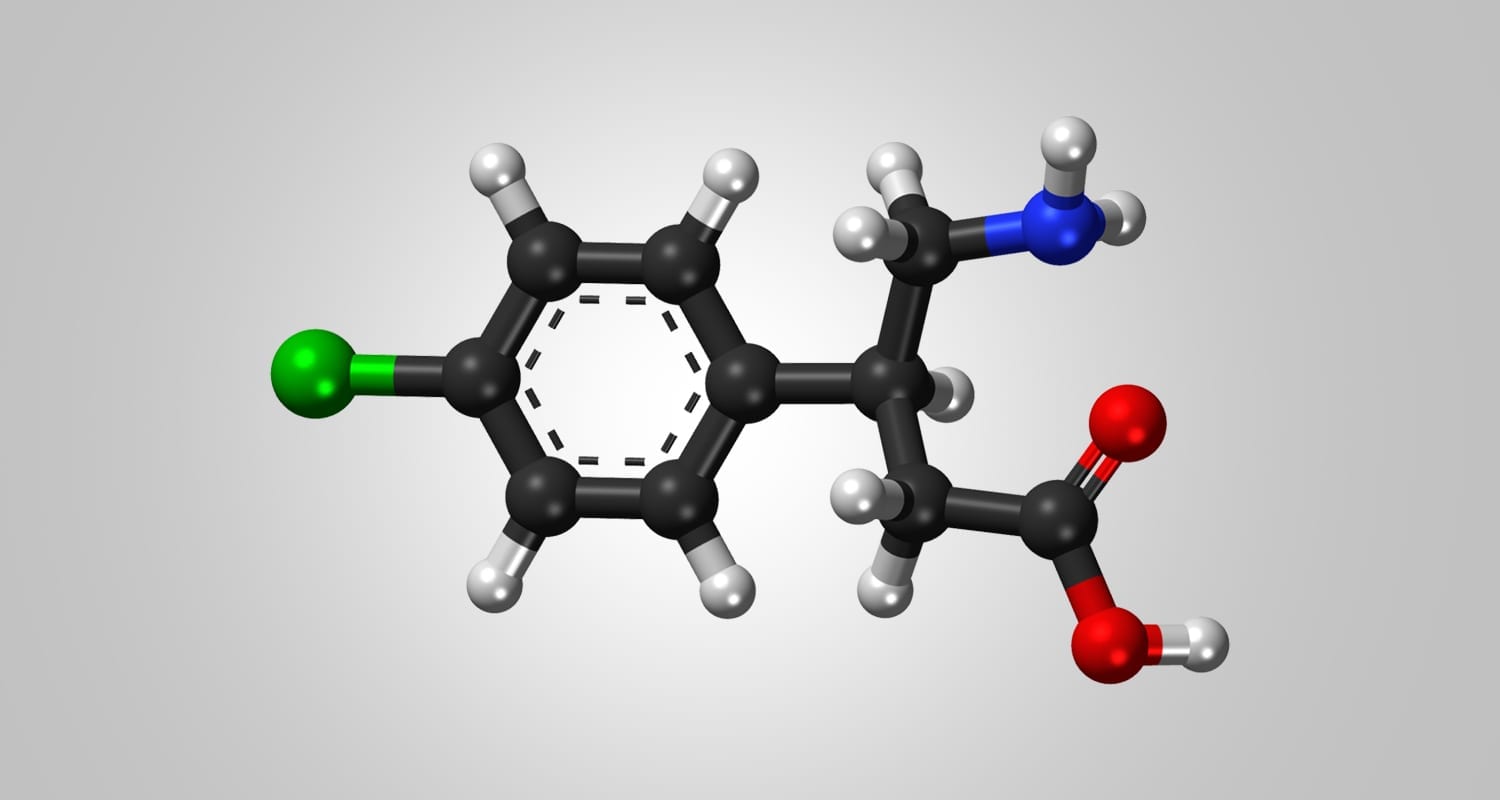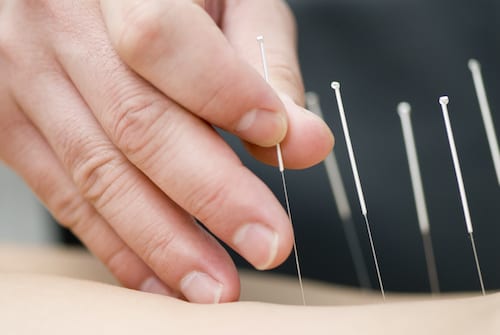Treatment of Opioid Use Disorders
Buprenorphine Treatment for Opiate Use Disorders and Chronic Pain
Medication-Assisted Treatment for Opioid Use Disorders
What If I Have Pain and Not Addiction?
It turns out that buprenorphine is an excellent pain medication and one of the most potent opioids. But because it is a partial opioid agonist, and has other favorable properties, buprenorphine is often a more stable and safe option than other opioid medications. Notably, it typically does not add to tolerance over time, is very long acting, and often has a clearer cognitive profile.
We are experts in guiding people through a transition onto buprenorphine, and then helping manage events that come up while people are on this medication, including the need for surgery, painful injuries, changing pain profile, and other situations. If and when the underlying pain condition improves or resolves, we also have experience tapering our patients off buprenorphine safely.
For more information on our pain management services, click here.What Kinds of Opioid Addiction Do We Treat?
The opioid medications and drugs most commonly misused in the United States include:
Our medical director, Dr. Paul Abramson, also has experience with and specific methods for treating co-occurring addiction to alcohol, benzodiazepines, stimulants and other drugs.
We typically require that our doctor assume prescribing of all controlled substances while a patient is under our care.
The Treatment Program: What to Expect
A team of addiction specialists, led by Board-Certified addiction medicine physician Paul Abramson MD, treats those suffering from dependency on opioids in a highly structured process that includes:
We also offer advanced addiction psychotherapy using the most appropriate combination of therapy approaches for each individual situation, to help improve the chances of success in treatment, and help each patient achieve their larger life goals.
How Long Do I Need to Be On Buprenorphine Before Tapering Off?
Need More Information About Our Addiction Treatment Program?
Our full range of addiction treatment services is available during regular business hours. For urgent situations after hours or on weekends, please contact us and if calling, use the option to page the doctor on call. Depending on the situation, a team may be able to be mobilized for urgent after hours situations, or we can help you figure out the appropriate next steps.
Uses of Advanced Pharmacolgy At MDMG















